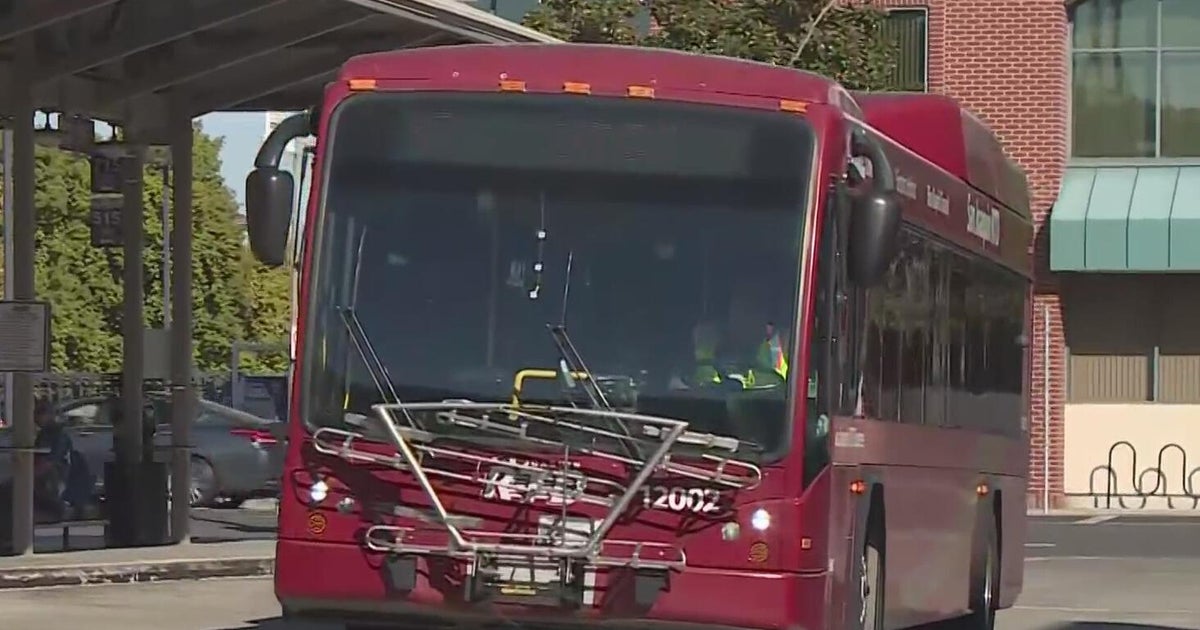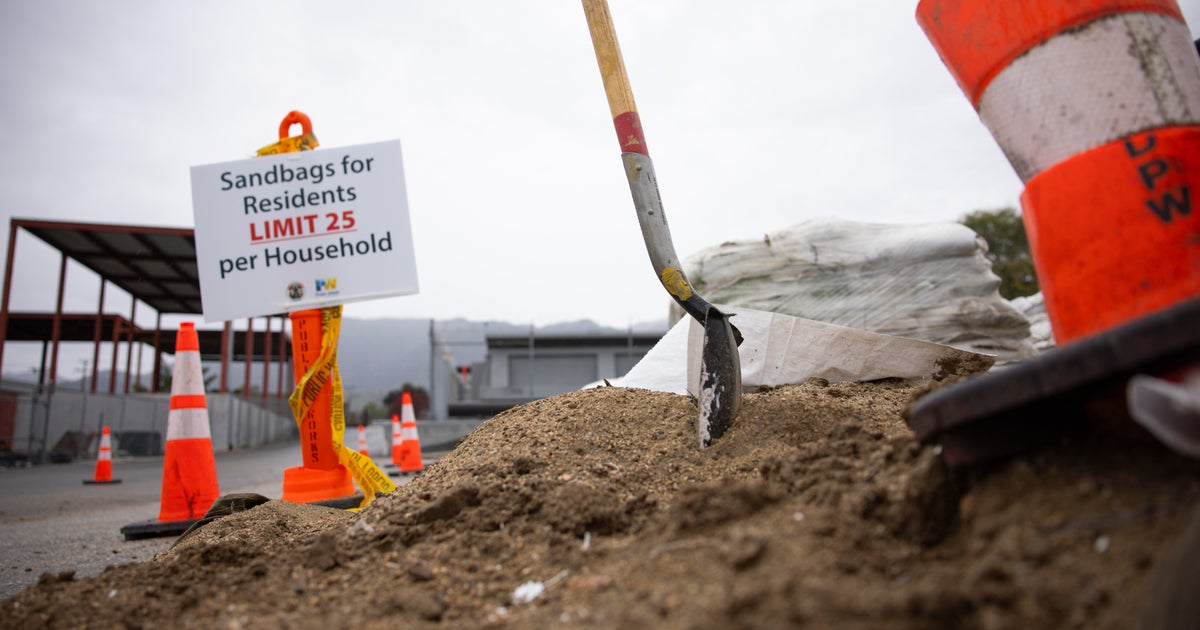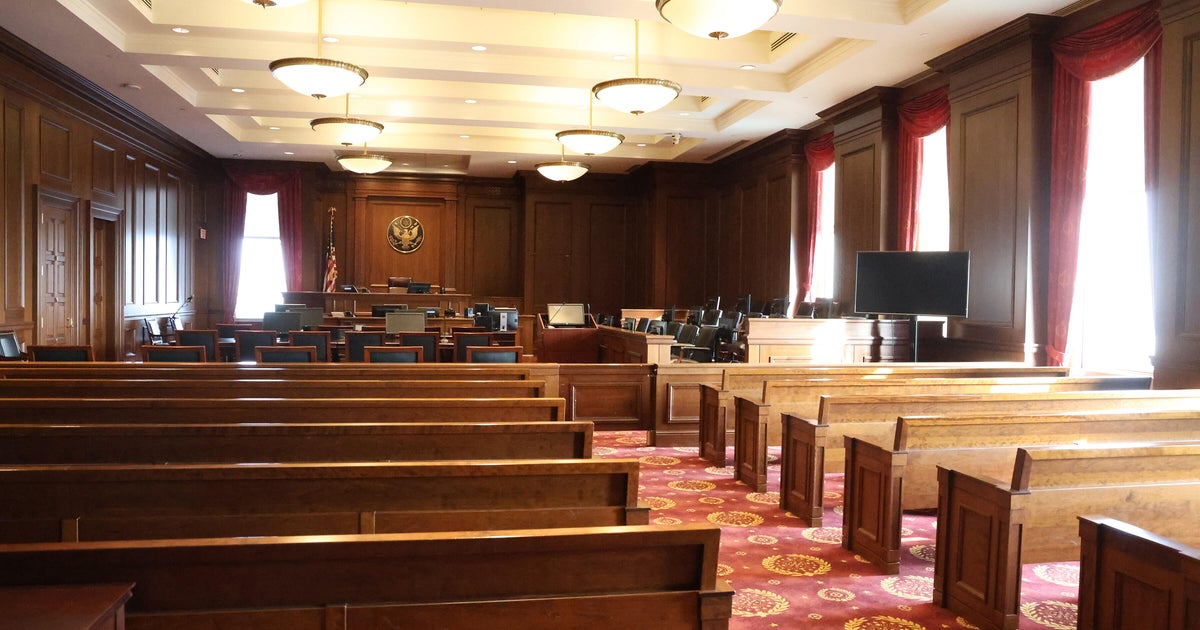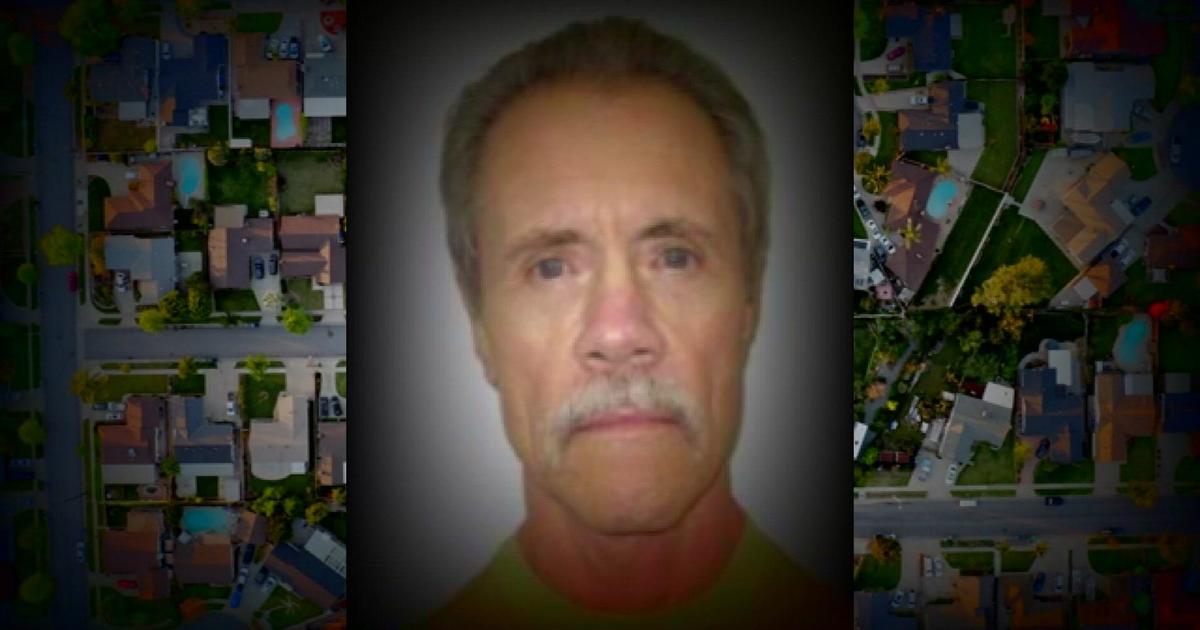California Regulators Propose New Rules For Ride-Sharing Services
SAN FRANCISCO (AP) - California regulators proposed new rules Tuesday for burgeoning ride or car sharing services as they face criticism that they steal business from taxis and limousines.
The proposal came as cab drivers staged a raucous demonstration and blocked traffic outside the state Public Utilities Commission's office near San Francisco City Hall.
The rules, which could become final as early as Sept. 5, would consider online-based ride or car sharing services like Lyft, Uber and Sidecar as "transportation network" companies. That would put them under a separate category from the one that has long governed taxicabs and limousine services.
Transportation network companies would have to meet certain requirements before they can seek a permit to operate. Those requirements include having their users undergo driver training and criminal background checks, the proposal said.
The companies would also have to carry a minimum $1 million per-incident insurance policy for vehicles and drivers, which is more stringent than rules that require limousines that carry seven or fewer passengers to carry $750,000 in coverage. They would also have to implement a zero-tolerance policy on drugs and alcohol.
Ride and car sharing services say business has been soaring, particularly during a transit strike in the Bay Area that displaced hundreds of thousands of commuters in early July.
The companies have faced calls for bans, however, because they compete with taxis. Some of the services get around safety regulations and government fees by working under a donation-based system.
Since July 10, officials at San Francisco International Airport have been making citizen's arrests and issuing citations to ride and car share drivers who pick up or drop off passengers at the curb.
Airport spokesman Doug Yakel told the San Francisco Chronicle (http://bit.ly/131kdEY ) that car and ride sharing services do not have authority to operate at SFO and the airport is merely enforcing its current regulations until the PUC decides how to regulate the industry.
Sunil Paul, CEO of Sidecar Technologies Inc., which offers a smartphone app that matches people in their own cars with people nearby for shared rides, told KGO-TV he was thrilled by the PUC proposal.
"They acknowledge that this is a great service ... for people in California," Paul said.
Copyright 2013 The Associated Press.







